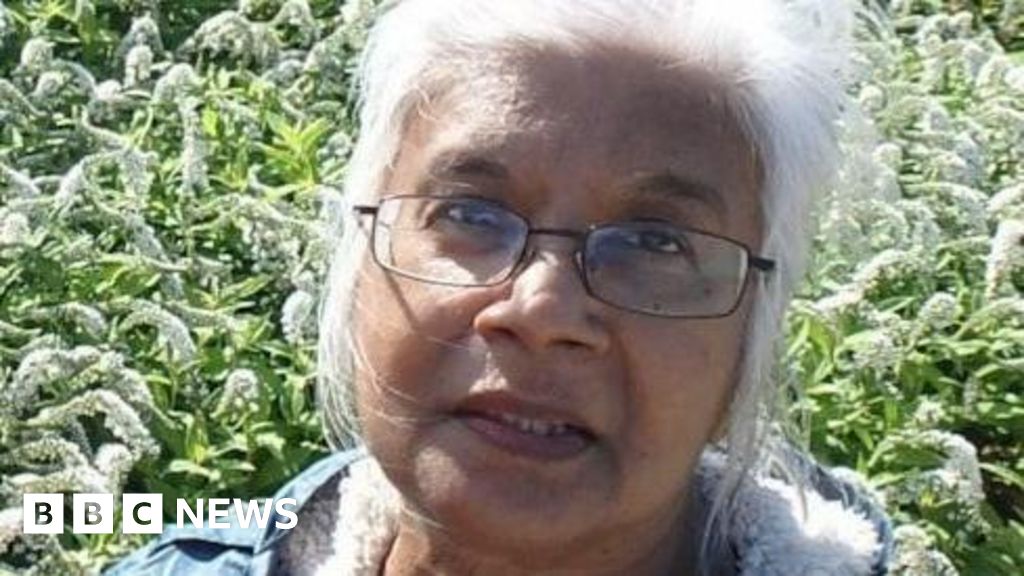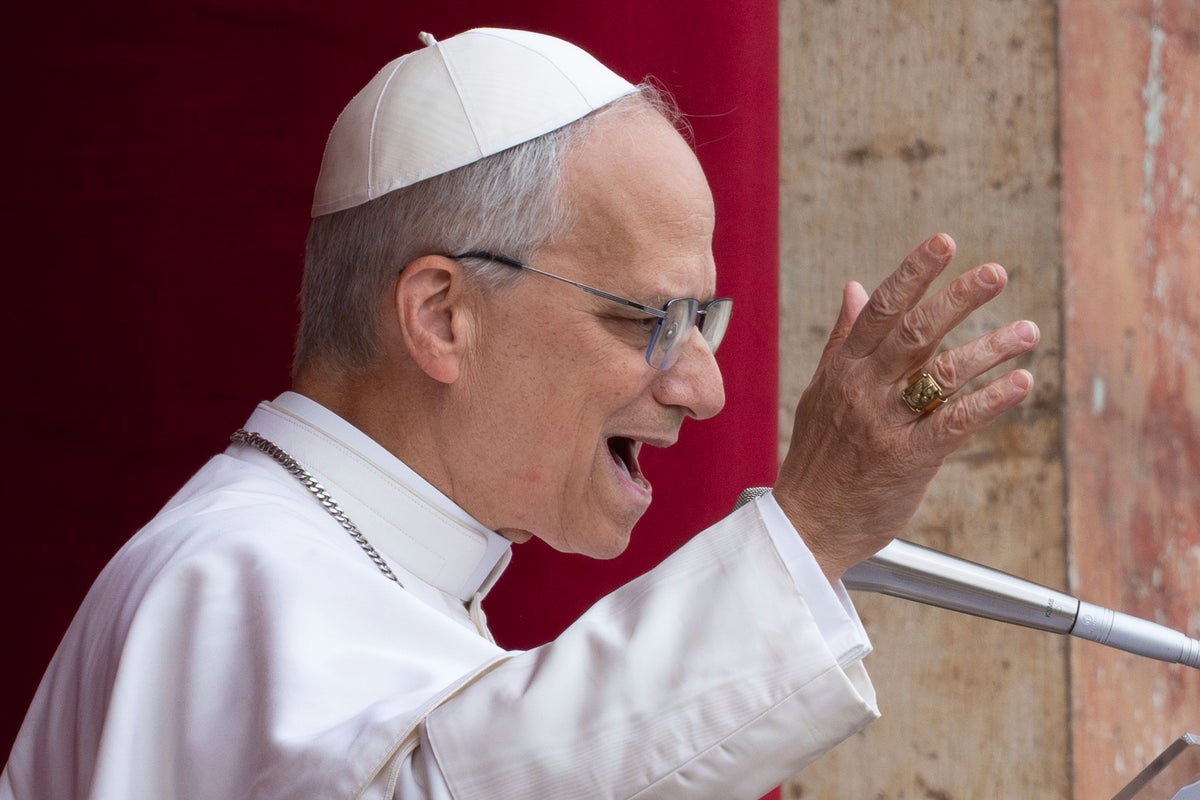Pope Leo XIV laid out his stance on gay marriage and abortion in his inaugural address to the Vatican diplomatic corps.
In the Friday address, he affirmed the church’s definition of family as being founded on the “stable union between a man and a woman”.
He also said both unborn children and the elderly had inherent dignity as creations of God.
The pronouncements offer a clear articulation of core Catholic teachings on marriage and abortion.
The new Pope also addressed the importance of international relations and hailed interfaith dialogue as a crucial tool in the pursuit of world peace.
This meeting with the diplomatic corps is a standard protocol following a papal conclave.
It allows a newly elected pontiff to formally greet representatives from nearly 200 countries with which the Holy See maintains diplomatic ties.

The Holy See’s status as a sovereign state, recognised under international law, also grants it observer status at the United Nations.
The meeting preceded Pope Leo’s official installation Mass which is scheduled for Sunday, May 18.
Leo, a member of the Augustinian religious order, has emphasised peace as a priority of his pontificate, from the first words he uttered on the loggia of St. Peter’s Basilica, “Peace be with you all”.
Pope’s stance on women in the Church
Before becoming Pope Leo XIV, Cardinal Robert Prevost presided over one of the most revolutionary reforms of Pope Francis’ pontificate by having women serve on the Vatican board that vets nominations for bishops.
But he also has said that women cannot be ordained as priests.
Despite having worked for years in Peru, where women often lead church communities, he also seems noncommittal on whether women could ever serve in any ministerial capacity.

Nevertheless, women who have worked closely with him in recent years have praised his leadership style, ability to listen and respect for their opinions.
Maria Lia Zervino was among the three women Francis appointed to the Dicastery for Bishops in 2022 to review possible appointments.
Ms Zervino rejoiced when Leo was elected pope, saying the respect he showed for her and other women on the board and their opinions gave them faith in him as a leader.
“I’m convinced that he doesn’t need to learn how to work (with women), how to let them speak, to listen to them, to have them participate in decisions, because that’s what he does anyway,” said Ms Zervino.






